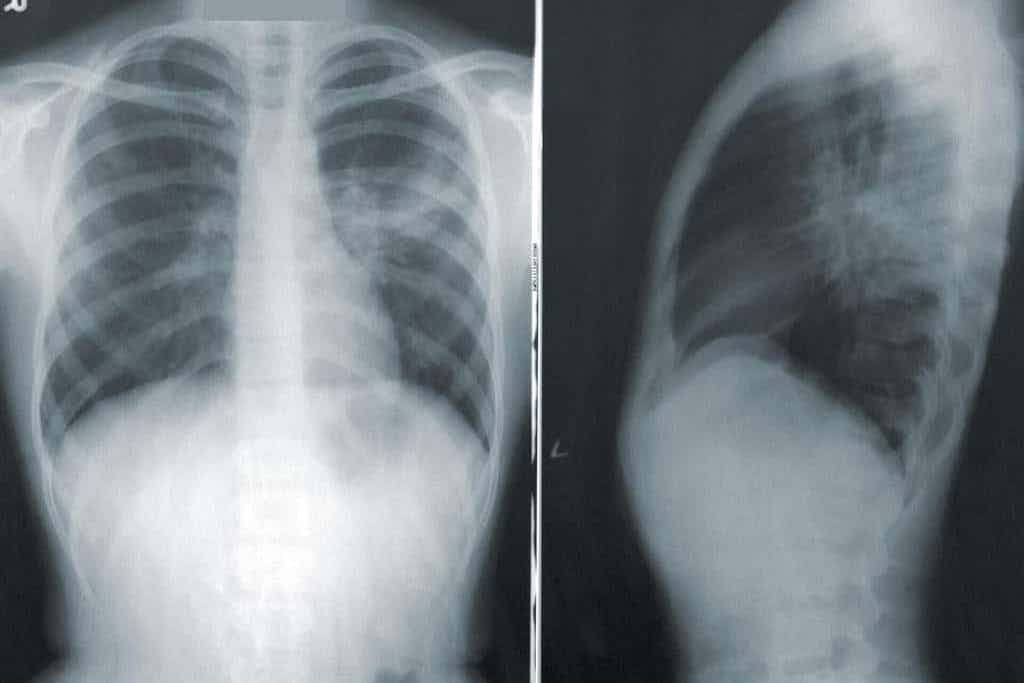Researchers have found that some people suffer from lung damage more than three months after being infected with COVID-19.
Unconventional scans were done on 10 participants at Oxford University. Xenon, a gas usually used in MRI scans, was used to detect lung damage and project images of the damage. Participants inhaled the gas during the scan to get accurate depictions of the state of their lungs by highlighting where air was not flowing with ease into their bloodstreams.
The participants were between the ages of 19 and 69. Professor Fergus Gleeson led the study.
The findings showed that eight of the participants showed chronic shortness of breath after they were infected. None of the participants had been admitted to intensive care; neither were they placed on ventilators. Reports also say that other, more conventional scans did not pick up issues with their lungs.
After these findings, Gleeson intends to extend the study to 100 participants to verify the conclusions are valid for a larger group. Lung experts have also said the ability to detect long-term damage to a patient's lungs would make a significant difference to those patients who have had COVID-19.
Professor Gleeson told the BBC, "I was expecting some form of lung damage, but not to the degree that we have seen."
Dr Shelly Hayles, an Oxford GP, assisted in setting up the study. She says long-term damage and prolonged symptoms could occur in up to 10% of people who have had COVID-19.
She told the BBC, "We're now at more than one and a quarter million who have been infected - and 10% of that is a lot of people.
"When medical staff tell patients that they don't know what's wrong with them and they don't know how to sort the symptoms out, it's very stressful.
"With most patients, even if the news isn't great, they want the diagnosis."
There is a significant risk of severe illness and death for those over the age of 60. If the study finds lung damage appears even in younger age groups and those getting the virus but not necessarily needing hospital admission, "it would move the goalposts," according to Professor Gleeson.
Professor James Wild led the research group who developed this scanning technique at the University of Sheffield. He said, "In other fibrotic lung diseases we have shown the methods to be very sensitive to this impairment and we hope the work can help understand Covid-19 lung disease."
Many people have reported feeling unwell even after they have been cleared of the virus. It is Gleeson’s view that the study suggests long term lung damage may be the primary reason behind this.






